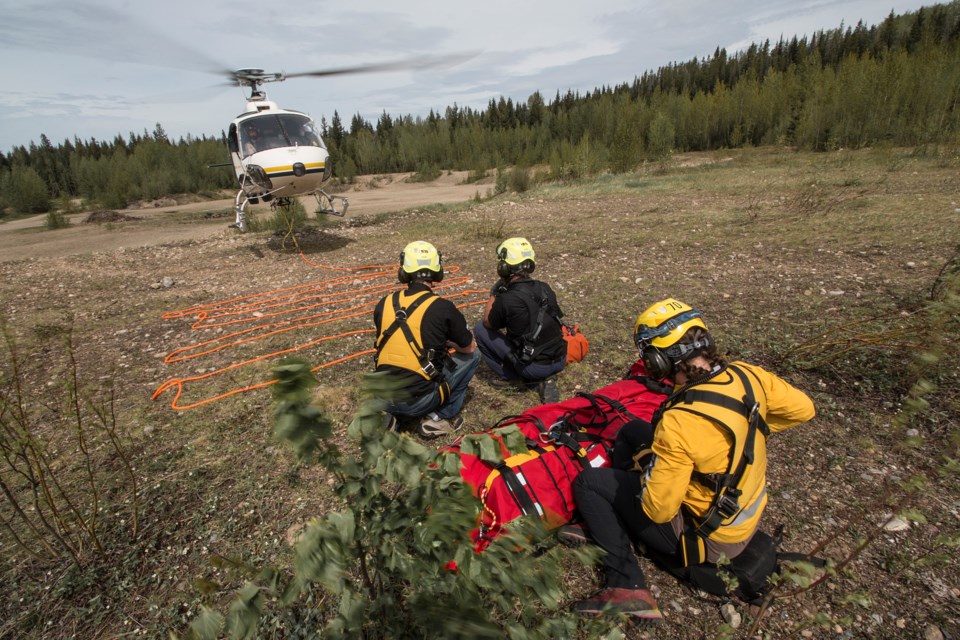The deadline for Ground Search and Rescue groups to register as Public Safety Providers has been extended to Feb. 15.
The new requirement for the 78 GSAR groups in the province to sign up as PSPs provides liability insurance that protects those societies and their volunteer membership and allows the provincial government to establish training standards, protocols and procedures.
Prince George Search and Rescue and its 60-member group has signed the agreement which covers a three-year term, while several other GSAR groups have requested more time to gather information and gain a better understanding of the agreement, part of the Emergency Management and Disaster Act that was passed into law on Nov. 8.
Dec. 1 was the initial registration deadline set by the Emergency Management and Climate Readiness (EMCR) agency and that was extended to Dec. 15. On Friday, the Feb. 15 extension was announced.
“This was nothing for us, it’s business as usual,” said a PGSAR spokesperson, who asked not to be identified. “We don’t have any issues. We’re in a good spot.”
Several search and rescue teams in the region have had difficulty gaining approval from ERCR to add new capabilities in the wake of the province’s decision three years ago to impose a moratorium on GSARs which prohibits them increasing the scope of the emergency services they provide until a needs assessment has been completed.
That pause remains in effect and the policy has prevented Houston SAR from adding a dog tracking capability. It’s also stalled a plan by Fort St. James SAR to add flat-ice rescue operations and stopped Bulkley Valley SAR from increasing its scope to add tracking capability.
PGSAR is approved for rope rescue, swift-water rescue, ice rescue, avalanche rescue, tracking, first aid and helicopter rescue. It added its helicopter long-lining capability three years ago, three years after it applied to the province.
It costs PGSAR $20,000 annually to maintain the level of training for volunteers involved in helicopter operations. The PGSAR spokesperson said costs are a limiting factor in what GSARs are able to provide their communities. Although the province increased its annual spending on SAR to $6 million (up from $4.9 million in 2022) a majority of search and rescue operating budgets come from private donations.
PGSAR built its business case for long-line rescues after it conducted its own needs assessment.
That option is no longer available to individual GSAR groups and there’s speculation among those groups that the government will determine what communities require through a province-wide needs study.


